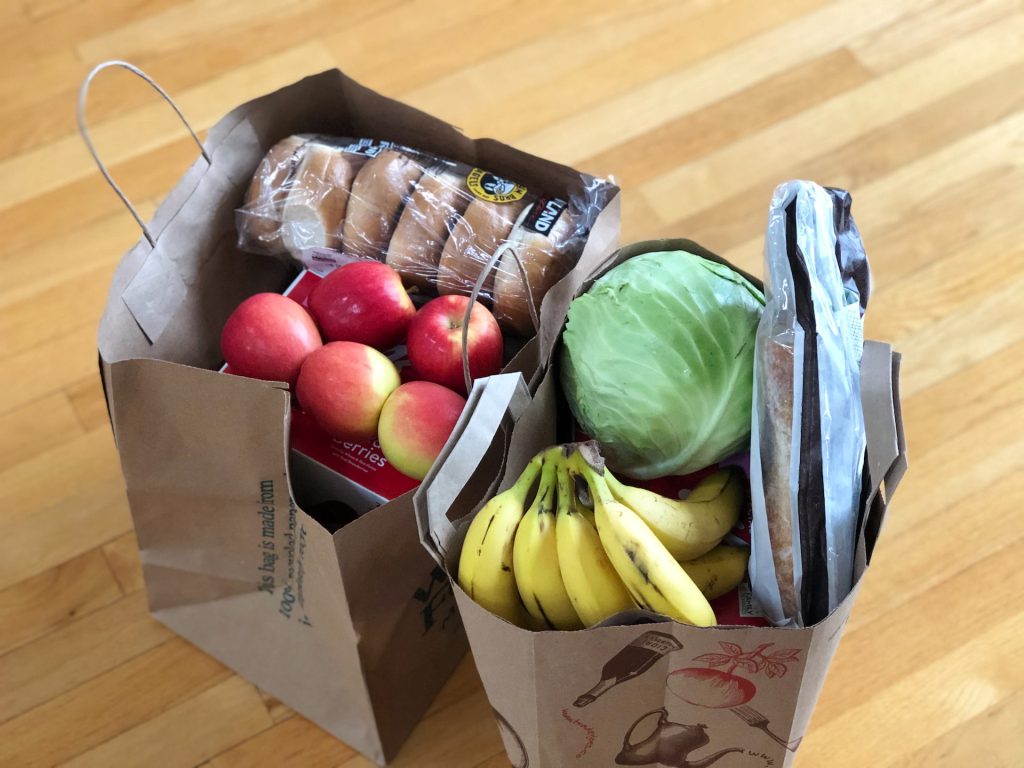Focus on nutrition when donating to local pantry

September is Hunger Action Month and this year, primarily due to high inflation and decreased government benefits, more people than ever are seeking help from local food banks and pantries.
The St. Joseph Community Health Foundation partners with many local non-profit organizations, churches, and farmers markets to address food and nutrition needs, but there’s plenty that individual residents can also do to help nourish vulnerable families.
Maria Krach, a Registered Dietitian and member of the St. Joe Foundation’s Board of Directors, has some great tips for the best ways to provide assistance. Krach notes that when donating to a pantry, it’s best for someone to consider what they would want to feed their own family.
“Try to avoid clearing out your cupboards and donating things you think you will never need because chances are, the recipient won’t need them either,” says Krach, who likes to focus on donating the most nutritious foods that are also easy to prepare.
Krach has experience working with several local food pantries, as well as Matthew 25, and knows that each client has different dietary needs. Like the population at large, people who visit food pantries may face diabetes or pre-diabetes, high blood pressure, cardiovascular disease, food allergies and more. Focusing on items that are high in fiber and lower in sodium and fat is one way for those making donations to show they really care about the health and well-being of people visiting the pantries.
“Canned vegetables are always a great choice to donate, because they are higher in fiber than canned fruits,” says Krach. “Looking at fiber content is important, because we know fiber keeps the bowels regular, helps regulate blood sugar, keeps us feeling full longer and can even help prevent some cancers.”
Some good swaps when making donations? Substitute brown rice for white rice and whole wheat pasta for regular pasta; quinoa can also be a good option because it has more fiber and protein than either brown rice or whole wheat pasta.
Krach says donating healthful items is important but understands there are also reasons to have a treat every now and then. Everyone needs to celebrate a birthday or enjoy the foods that are important to their culture or religion. But for everyday snacks, low-fat microwave popcorn and pretzels are good options to donate, she says.
In addition to organizing food drives or donating food, monetary donations and volunteering are also great ways to help address food needs in the community.
Community Harvest Food Bank and Associated Churches Food Bank both have easy ways to donate time and/or money on their websites. The St. Vincent de Paul Society of Fort Wayne can also help get people in touch with a food pantry at their local Catholic parish.
